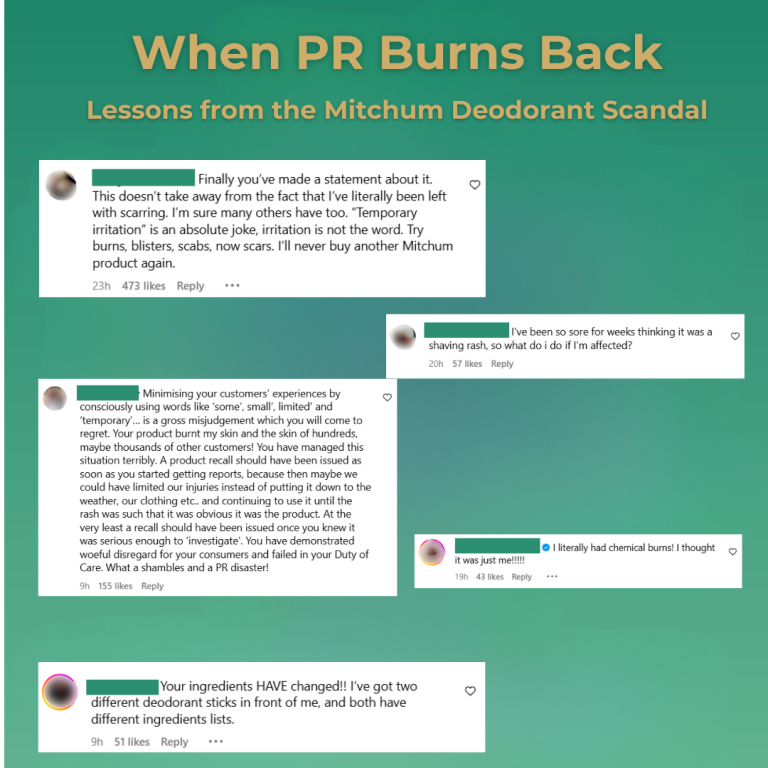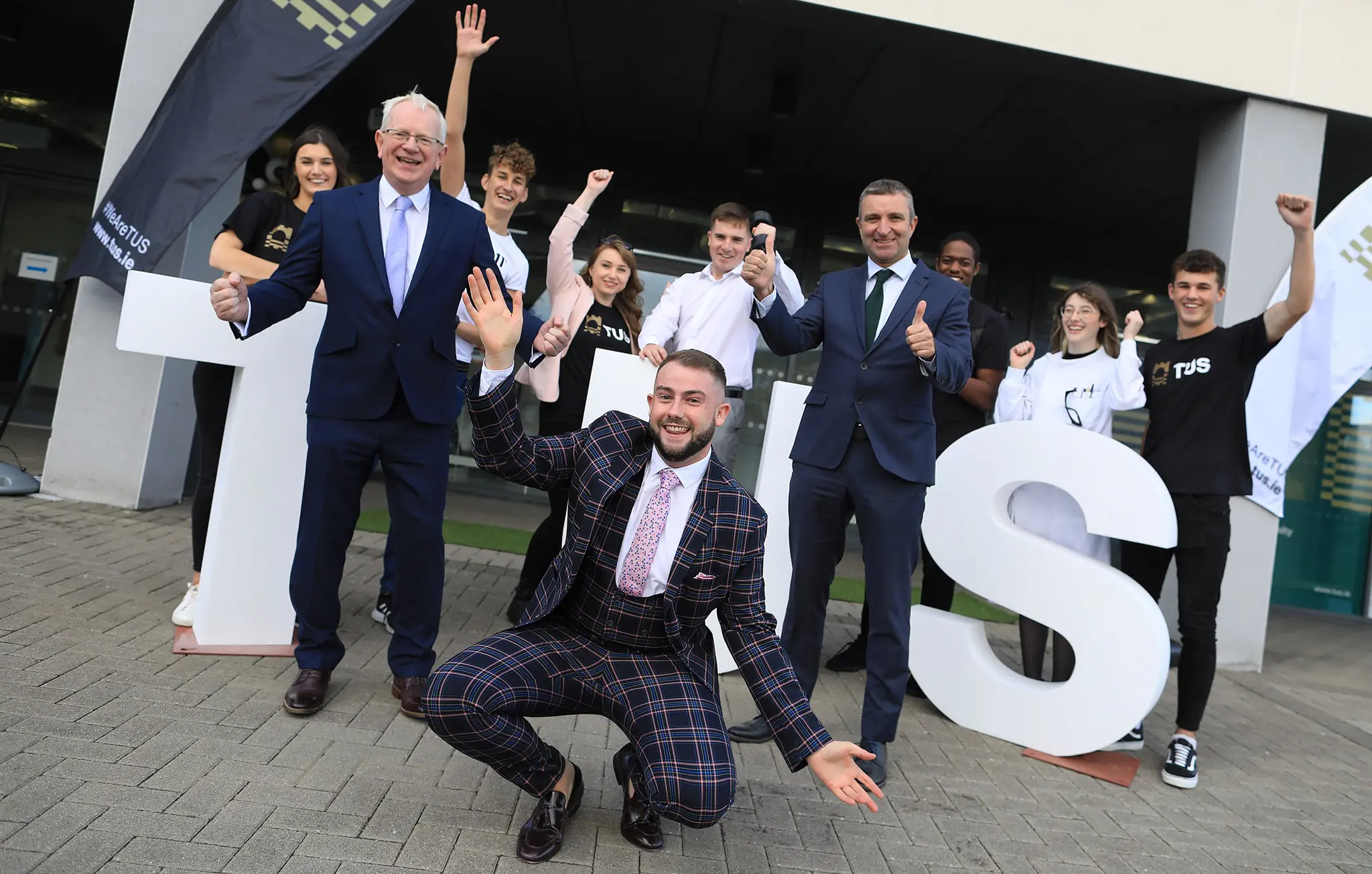Many years ago (in the late eighties/early nineties) I was the general manager of a Guinness owned company in Cork called Deasy’s. We manufactured soft drinks and we distributed beer and soft drinks to pubs, off licences and shops in Cork and Kerry.
We took great pride in our own soft drinks, which to this day are still fondly remembered by people in Cork. Our Deasy’s Orange and Red lemonade were big favourites. Well before my time they even manufactured their own beers and there was one called Wrestler (pronounced ‘rastler’), which people used mention to me.
For years we had been accepting falling volumes in our own soft drinks sales as there was a well accepted principle that it was all about ‘big brands‘ and that these would eventually wipe out all the other smaller brands. The belief was that there was nearly no point in trying with your own products.
As a former accountant for the company I could see the big margins and profitability that these products contributed compared to the products we bought in from other suppliers and I couldn’t see the logic in just letting them drift so we took a different approach.
We felt that the branding had gone stale and did not reflect the quality of the products so we rebranded including an upgrade of all the packaging. We investigated in an advertising campaign and we also introduced an incentive programme for the customers.
Immediately the results started to shine through with increased volumes but there was also a renewed energy with the sales team who took great pride in their own products and were motivated by us investing in them. The sales pitch to the trade was relatively easy – they were manufactured locally using the best of ingredients and the quality was superb. However many still preferred the big well known brands such as Club Orange and Schweppes.
In a way we were selling ‘artisan‘ products at the time except we didn’t have this label for them and in any case it would not have been the selling point that it is today.
Sadly Deasy’s was merged into another larger Guinness subsidiary a few years later and the manufacturing plant was shut down and these much loved brands were allowed to disappear without a trace.
The Artisan Era
Now we are all about ‘artisan‘ products.
Artisan is defined as “a person or company that makes a high-quality or distinctive product in small quantities, usually by hand or using traditional methods“.
These now trendy products are unique, special, something made with loving care and most importantly they are something that we can believe in. We believe that these products are superior in quality and in some ways we can even accept little imperfections as they can confirm the somewhat ‘homemade‘ attributes that prove we are not consuming products that are mass produced. Retailers who are sharp make themselves unique and believable by stocking ‘artisan’ products, which adds to their overall offering.
Artisan is so much in vogue (and selling!) now that even large companies are trying to make us believe that their products are also artisan – check out the recent Guinness adverts for example.
I strongly believe that one of the reasons for the popularity of artisan products is that when the recession kicked in there was a huge rejection of the ‘excess‘ that was so prevalent during the Celtic Tiger.
We desperately wanted to get back to things that were real and authentic; this included our food, our drinks, our restaurants, pubs and even our service providers no matter who they are. We had lost faith in so many things that we needed to be able to believe once again.
No matter what you do, try to give your customers an artisan service
Greg Canty is a Partner of Fuzion who offer Marketing, PR, Graphic Design services from our offices in Dublin and Cork, Ireland











